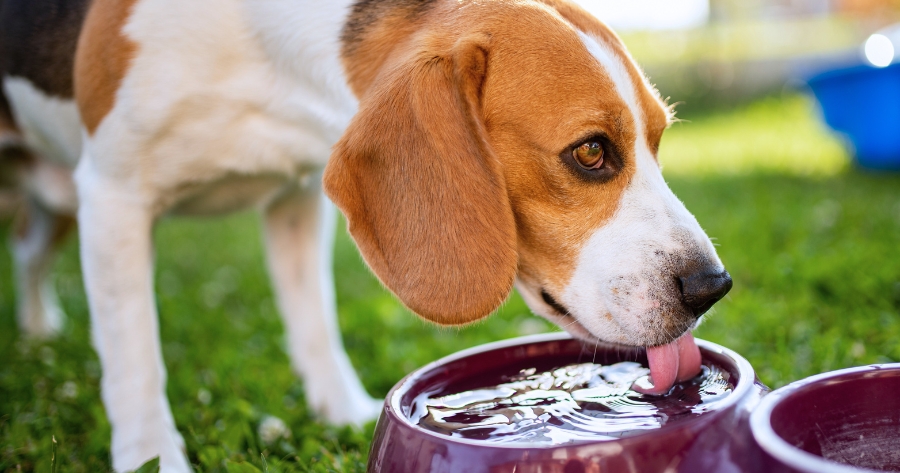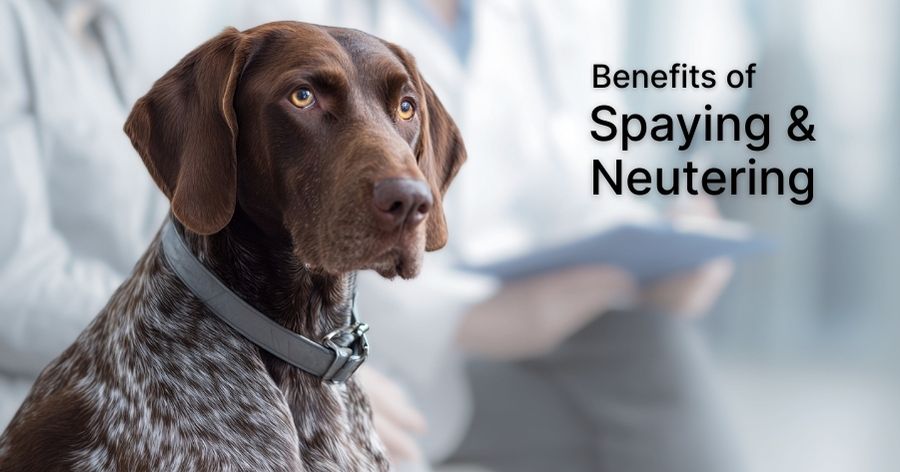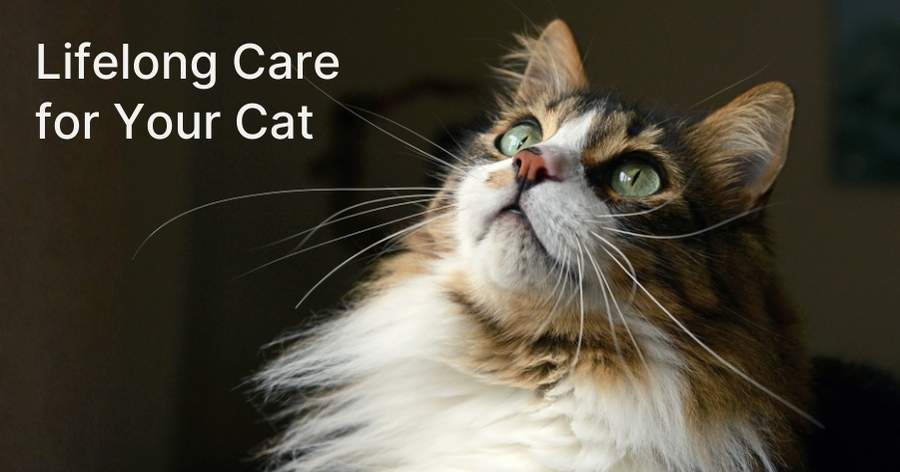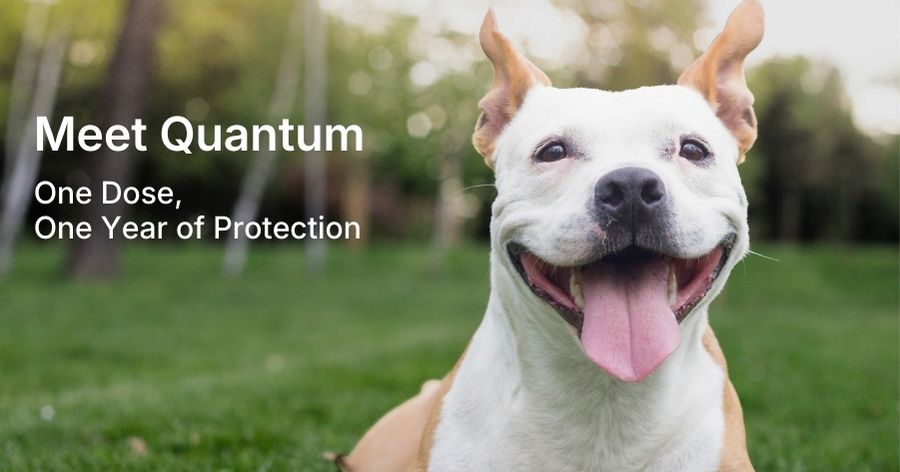
July marks National Pet Hydration Month, and given that it is summertime, it’s a timely reminder to make sure you and your furry friends have plenty of water. Dehydration is also a surprisingly common problem in pets all year round. In fact, studies show that many cats are prone to chronic dehydration given their hair-trigger stress response, shyness about drinking, habit of hiding for too long before eating and drinking, and preference for running water.
Both cats and dogs tend to quickly lose water from going to the bathroom, playing, panting, and sweating through their paw pads—all of which are frequent, daily occurrences. Therefore, keeping a close eye on their water intake is vital, as it is much more difficult for pets to recover from dehydration than humans, and it can even lead to death.
Dehydration in animals can stem from a wide range of different factors, including but not limited to:
The exact symptoms that your pet may display can vary, but typically pets who are dehydrated show some of the following:
The skin elasticity test
This simple check involves gently pinching your pet’s skin between your thumb and forefinger. When you release the skin of a well-hydrated animal, it should spring quickly back into its natural position. However, if the skin seems to take a while to go back into place, your pet is most likely dehydrated.
The capillary refill test
To do this easy check for hydration, simply press your finger gently against your pet’s gums and then remove it. If your pet is well hydrated, the gum will momentarily turn white before becoming pink again. In dehydrated pets, the gums will take much longer to return to their usual shade of pink.
There are a number of steps you can take to help your pet stay as hydrated as possible.
The most important thing you can do is make sure you provide your pet with a constant supply of clean, fresh drinking water. Like people, some animals drink more than others, so keep a close eye for empty bowls and refill them when necessary.
Your veterinarian at any one of our clinics will be able to give you an accurate recommendation for how much water your animal needs based on their height, weight, and breed. Be aware that if your pet experiences a period of sickness or diarrhea, fluids will need to be replaced faster than normal.
If you do not think your pet is drinking enough water, try placing water bowls at various locations around your home, so it’s easier for dogs and cats to find liquids. This is particularly important if you have an older pet who may not be capable or motivated enough to travel far for water. And when traveling long distances with your pet, make sure you make adequate rest stops for both water and bathroom breaks.
If you are concerned about dehydration, sickness, or why your pet is not consuming enough water, please call (402) 334-5975, and schedule an appointment with one of our compassionate pet care providers.
Closed daily from 12:30-1:30pm for lunch; Wednesdays closed from 12:30-2:30pm for lunch/meetings


